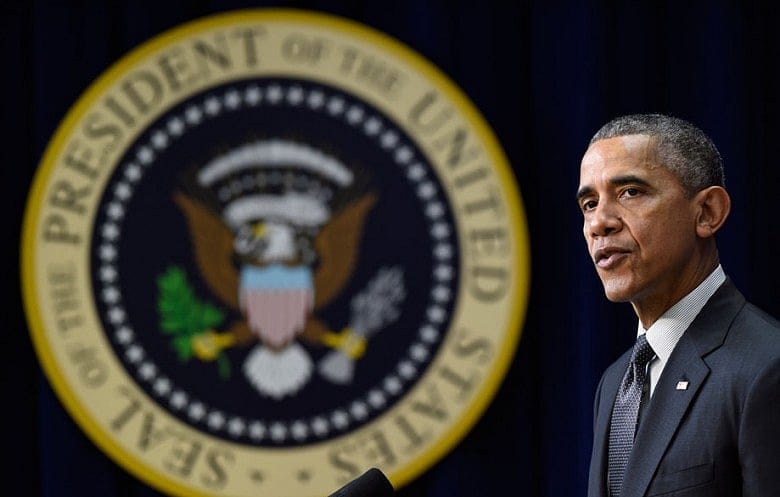Obama’s executive actions could open a door for successors

WASHINGTON (AP) — While the White House has condemned Donald Trump's call for a ban on Muslim immigrants as "disqualifying" and "toxic," President Barack Obama may have only himself to blame if a President Trump ever succeeds in putting his plan, or some version of it, into action.
In his efforts to work around Congress, Obama has made the aggressive use of executive power, particularly on immigration, an increasingly effective and politically accepted presidential tool. While legal scholars are divided on whether Obama has accelerated or merely continued a drift of power toward the executive branch, there's little debate that he's paved a path for his successor.

